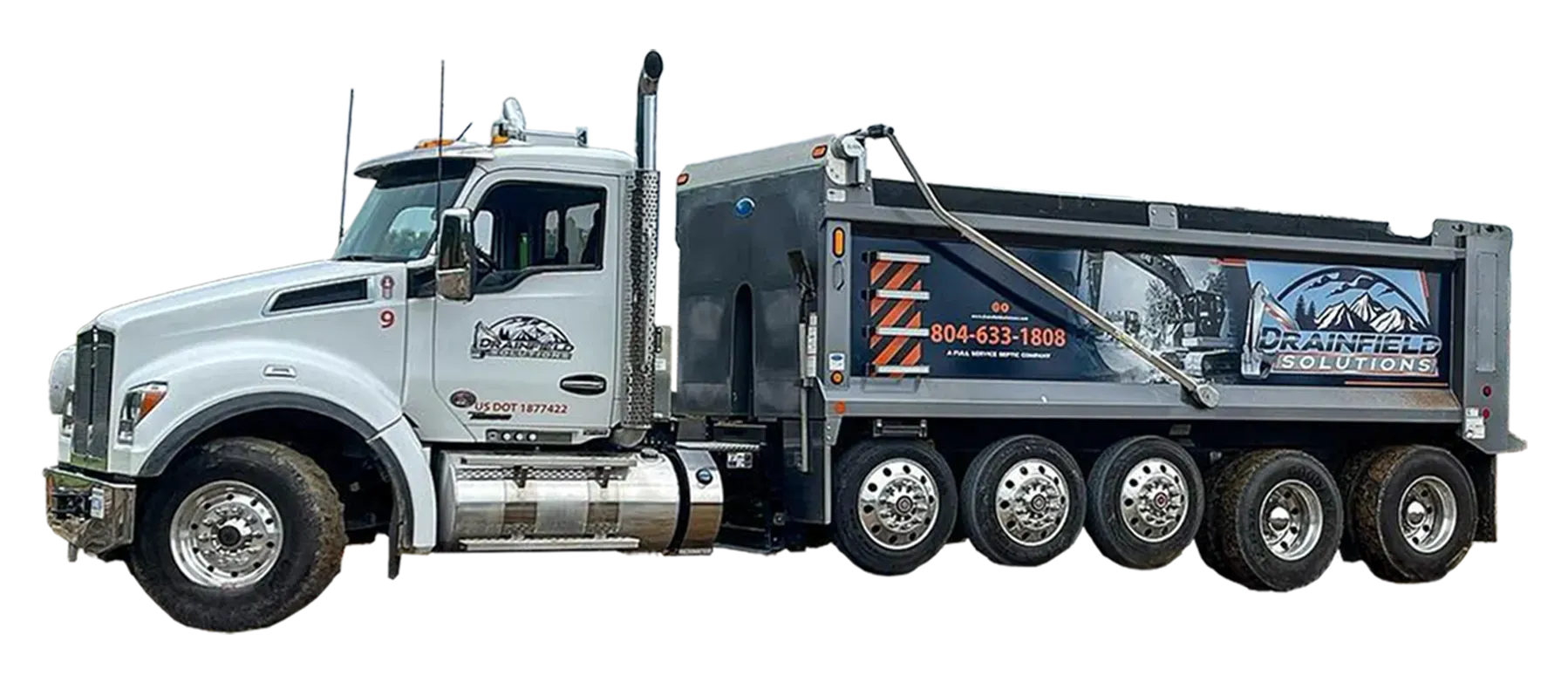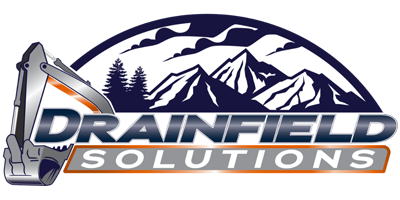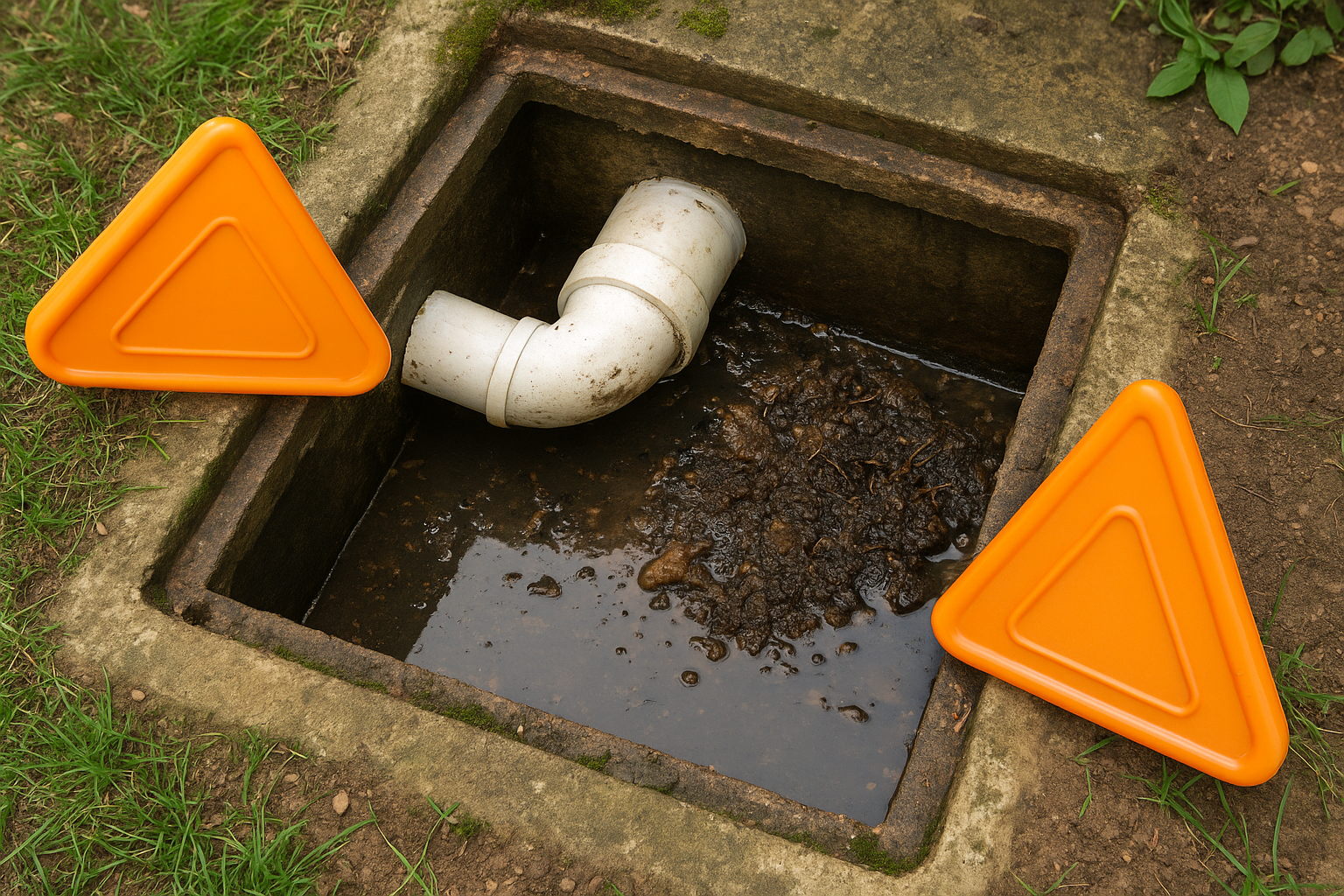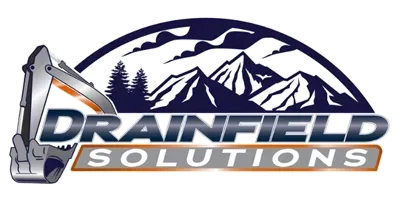
Can You Drive Over a Septic Drainfield or Leach Field?
December 25, 2024
Your drainfield (or leach field) plays a crucial role in your septic system, managing all the wastewater your household produces. It quietly filters this water back into the ground without you needing to think about it. But here’s the catch: it’s not designed to handle heavy loads like cars, trucks, or RVs. Driving or parking on your drain field isn’t just a bad idea—it can lead to some serious problems. Let’s dive into why it’s important to keep those tires off and how you can avoid costly mistakes, all while keeping things friendly and relatable!
What’s Happening Underneath?
Think of your drainfield as a network of underground pipes and soil working together to treat wastewater. When water flows from your septic tank into these pipes, it gets filtered through the soil before safely returning to the groundwater. The keyword here is delicate. While it can handle water, it can't support the weight of vehicles. Imagine stepping on a sponge—if you press down too hard, it loses its ability to soak up water. That’s what happens when you park or drive on your drainfield: the soil becomes compacted, and the pipes underneath can get damaged or even crushed.
What Are the Risks?
So, what happens if those pipes or the soil in your drainfield get compromised? For starters, wastewater might not filter properly. Instead of safely seeping into the ground, it could back up into your septic tank or even—yikes—into your home! Nobody wants that mess. Even worse, untreated wastewater could bubble up in your yard, creating unsightly puddles of raw sewage. Beyond being a nuisance, this situation poses serious health risks for you and your neighbors.
One sneaky aspect of driving or parking on your drainfield is that damage might not be immediate. You might think, “I’ve parked there a few times without any issues,” but over time, the pressure from vehicles can compact the soil and weaken its ability to function. It’s like bending a paperclip; do it once and it's fine, but do it repeatedly and eventually it will snap. Your drainfield may seem tough, but repeated stress can lead to significant problems down the road.
Weather Matters
Let’s not forget about weather conditions! If it's been raining or if the ground is particularly wet, driving on your drain field becomes even riskier. Wet soil is softer and more prone to compaction, making it easier for vehicles to cause damage—even just one pass with a heavy vehicle can leave lasting effects.
Even Occasional Use Can Be Harmful
You might wonder if occasional driving or parking would be okay. Unfortunately, even infrequent use can harm your drainfield. Unlike driveways or streets that are built for vehicles, your drainfield isn’t designed to handle any kind of traffic at all. It’s always better to play it safe and keep vehicles off.
Protecting Your Property Value
The dangers of driving or parking on your drainfield don’t just affect your septic system; they can also impact your property value. Imagine trying to sell your home only to find out that major repairs are needed for the septic system because the drainfield was damaged. That’s an expensive fix that could make potential buyers think twice!
How to Avoid This Mistake
Now that we’ve covered why you should keep vehicles off your drainfield, let’s talk about how to avoid this mistake:
Know Where Your Drainfield Is: Many homeowners don’t realize they’re parking on their drainfields simply because they don’t know where they are located. If you’re unsure, check your septic system layout plan or have a professional inspect your property.
1. Mark the Area:
Once you know where your drainfield is, mark it clearly! You don’t need a big neon sign—simple barriers like decorative stones or low fencing can serve as reminders for everyone.
2. Plan for Guests:
If you’re hosting an event and need extra parking space, make arrangements ahead of time to keep vehicles off the drainfield. Redirect cars to other areas of your property or nearby parking spots.
3. Communicate:
Make sure guests understand why it's important to avoid driving on the drainfield—most people will gladly cooperate once they know the risks.
4. Consider a Dedicated Parking Area:
If space allows, think about creating a dedicated parking area made from gravel or pavement that can handle vehicle weight without risking damage to your septic system.
What If You’ve Already Driven on It?
If you've already parked on your drainfield, don’t panic! Look out for warning signs that could indicate damage: slow drains, gurgling sounds in plumbing, foul odors, or wet patches in your yard are all red flags. If you notice any of these issues, contact a septic professional like Drainfield Solutions right away for a septic inspection—catching problems early can save you money in septic drainfield repairs.
Final Thoughts
At the end of the day, protecting your drainfield comes down to awareness and prevention. Think of it as an essential part of your home that deserves some extra care. By keeping vehicles off it and educating others about its importance, you can save yourself from headaches and expenses down the line.
At Drainfield Solutions, we've been dedicated to helping Central Virginia septic systems in Essex County, Richmond County, King & Queen County, King William County, Culpepper County, and surrounding areas since 2005. If you're unsure about your drainfield's condition or need advice on maintenance, we’re here for you! Call us today at 804-633-1808 or visit our contact page to schedule an inspection or get expert guidance. Remember: when it comes to your drainfield, tread lightly—or better yet, don’t tread at all!
Share Post
Latest Posts
Ready to Take the Next Step?
Whether you're in need of a system inspection or regular maintenance, Drainfield Solutions is here to help. Get in touch today for reliable service you can trust.






